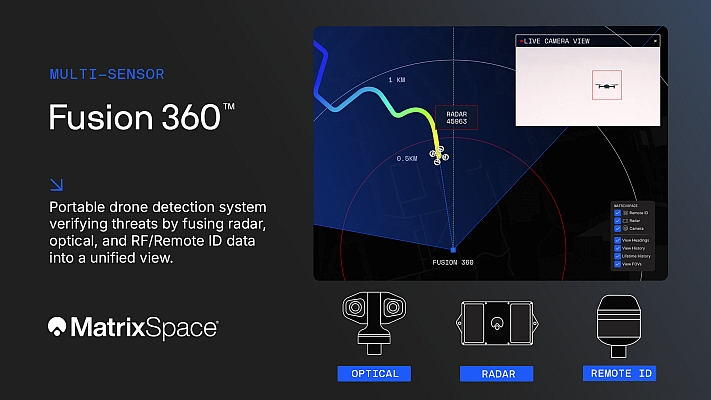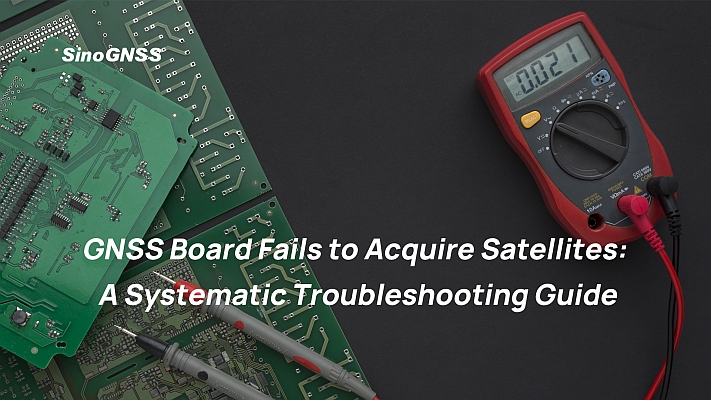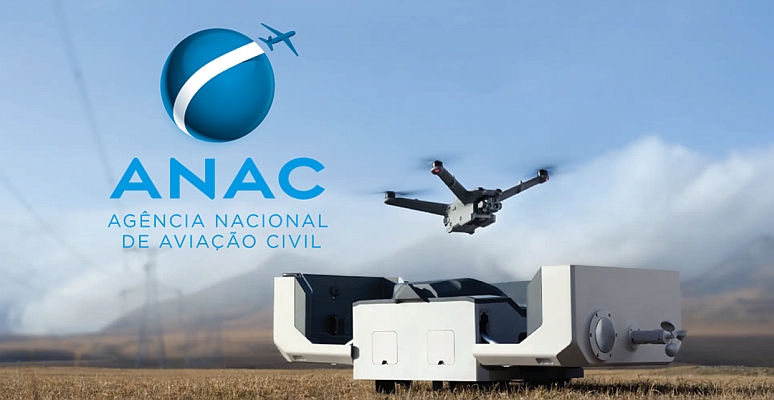SSTL has been selected by ESA to supply 14 navigation payloads for the deployment phase of the Galileo satellite navigation system which was announced by the European Commission. SSTL is teamed with OHB-System of Bremen, Germany for the provision of these fully operational Galileo satellites.
The two companies agreed to work together as a "core team" on Galileo at the end of 2007, with OHB taking the role of prime contractor and builder of the spacecraft "bus" and SSTL taking full responsibility for the navigation payloads onboard the satellite that will form the heart of the Galileo navigation system.
Each satellite will carry two different types of highly accurate atomic clocks which are used to generate navigation messages that are broadcast by the satellites directly to the users’ Galileo receivers.
Under the contract, SSTL will be responsible for the design, manufacture and test of these navigation payloads using equipment procured mainly from European suppliers. SSTL will also manufacture some of the electronics to interface the satellite bus built by OHB-System and the navigation payload.
SSTL’s pioneering work as prime contractor for the GIOVE A satellite and in testing the Galileo signals will prove invaluable for the execution of this contract.
GIOVE-A was the first part of the in-orbit validation programme for Galileo, broadcasting the first signal to successfully secure the critical Galileo frequency filing with the International Telecommunications Union at 17:25 GMT on the 12th January 2006.
On the 2nd May 2007 GIOVE-A successfully transmitted the first Galileo navigation message from space, containing the information needed by users’ receivers to calculate their position. GIOVE-A was required to work for 27 months and has greatly exceeded this – it is now in its fifth year of operations and continues to perform well.
The first Galileo satellites produced under this contract will be launched from 2013. To help improve the overall schedule the team was authorised by the EC and ESA to initiate the procurement of long lead items for the full system during 2009 which will enable the team to make a quick start towards an operational Galileo constellation.






